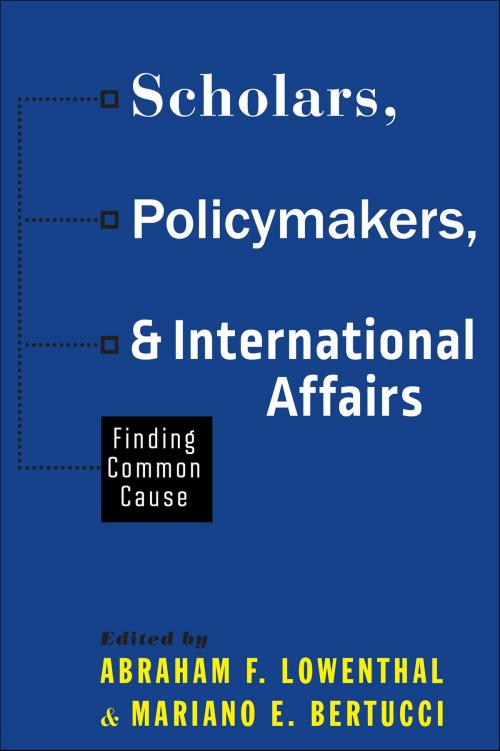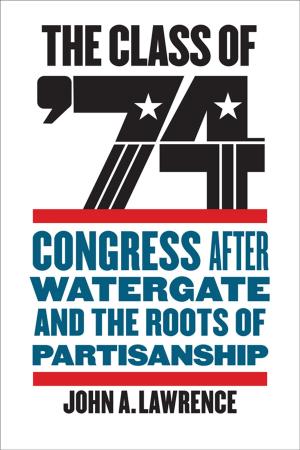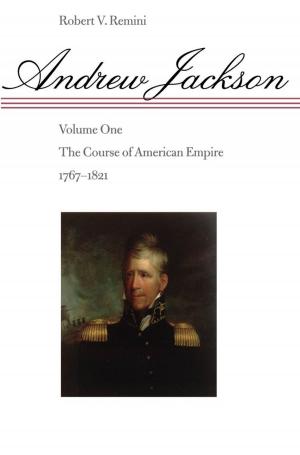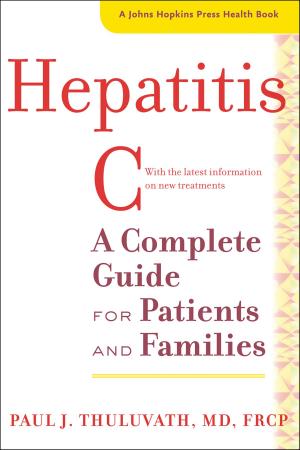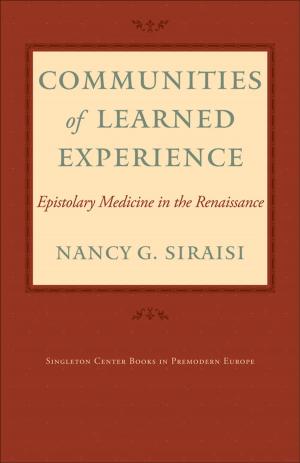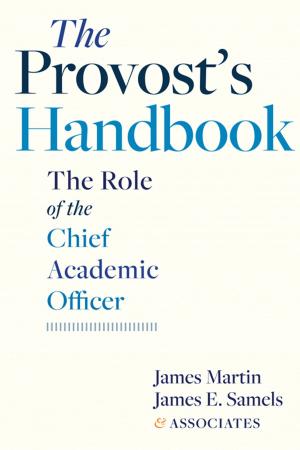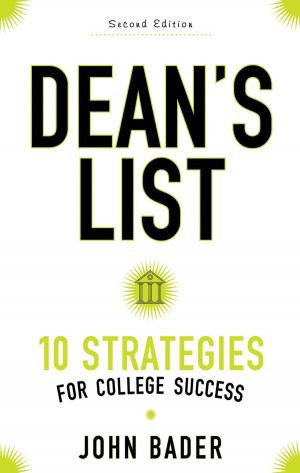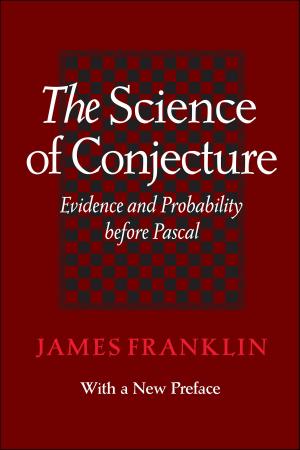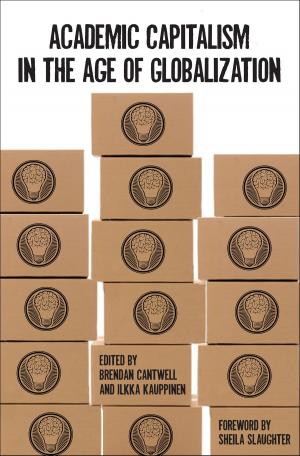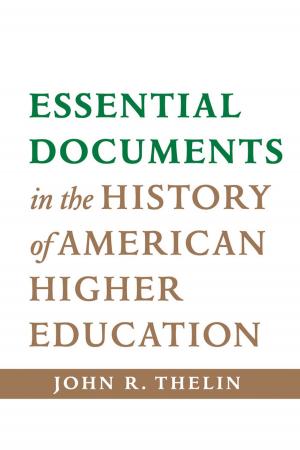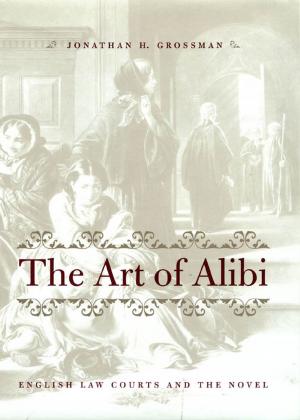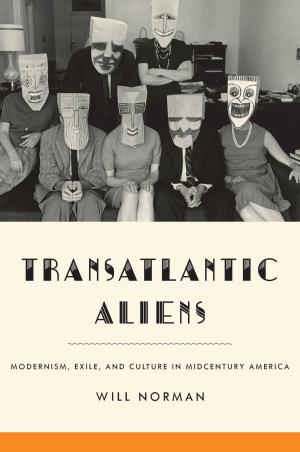Scholars, Policymakers, and International Affairs
Finding Common Cause
Nonfiction, Social & Cultural Studies, Political Science, Government, Public Policy, International, International Relations| Author: | ISBN: | 9781421415093 | |
| Publisher: | Johns Hopkins University Press | Publication: | November 24, 2014 |
| Imprint: | Language: | English |
| Author: | |
| ISBN: | 9781421415093 |
| Publisher: | Johns Hopkins University Press |
| Publication: | November 24, 2014 |
| Imprint: | |
| Language: | English |
Scholars, Policymakers, and International Affairs shows how to build mutually beneficial connections between the worlds of ideas and action, analysis and policy. Drawing on contributions from top international scholars with policy experience in the United States, Europe, Asia, Canada, and Latin America, as well as senior policymakers throughout the Americas, Abraham F. Lowenthal and Mariano E. Bertucci make the case that scholars can both strengthen their research and contribute to improved policies while protecting academia from the risks of active participation in the policy process.
Many scholars believe that policymakers are more interested in processes and outcomes than in understanding causality. Many policymakers believe that scholars are absorbed in abstract and self-referential debates and that they are primarily interested in crafting theories (and impressing other scholars) rather than developing solutions to pressing policy issues.
The contributors to this book confront this gap head-on. They do not deny the obstacles to fruitful interaction between scholars and policymakers, but, drawing on their own experience, discuss how these obstacles can be and have been overcome. They present case studies that illustrate how scholars have helped reduce income inequality, promote democratic governance, improve gender equity, target international financial sanctions, manage the Mexico–U.S. border, and enhance inter-American cooperation. These success stories are balanced by studies on why academic analysts have failed to achieve much positive impact on counternarcotics and citizen security policies. The editors’ astute conclusion identifies best practices and provides concrete recommendations to government agencies, international institutions, nongovernmental organizations, and funding sources, as well as to senior university officials, academic departments and centers, think tanks, established scholars, junior faculty, and graduate students.
Clearly written and thoughtfully organized, this innovative book provides analytic insights and practical wisdom for those who want to understand how to build more effective connections between the worlds of thought and action.
Scholars, Policymakers, and International Affairs shows how to build mutually beneficial connections between the worlds of ideas and action, analysis and policy. Drawing on contributions from top international scholars with policy experience in the United States, Europe, Asia, Canada, and Latin America, as well as senior policymakers throughout the Americas, Abraham F. Lowenthal and Mariano E. Bertucci make the case that scholars can both strengthen their research and contribute to improved policies while protecting academia from the risks of active participation in the policy process.
Many scholars believe that policymakers are more interested in processes and outcomes than in understanding causality. Many policymakers believe that scholars are absorbed in abstract and self-referential debates and that they are primarily interested in crafting theories (and impressing other scholars) rather than developing solutions to pressing policy issues.
The contributors to this book confront this gap head-on. They do not deny the obstacles to fruitful interaction between scholars and policymakers, but, drawing on their own experience, discuss how these obstacles can be and have been overcome. They present case studies that illustrate how scholars have helped reduce income inequality, promote democratic governance, improve gender equity, target international financial sanctions, manage the Mexico–U.S. border, and enhance inter-American cooperation. These success stories are balanced by studies on why academic analysts have failed to achieve much positive impact on counternarcotics and citizen security policies. The editors’ astute conclusion identifies best practices and provides concrete recommendations to government agencies, international institutions, nongovernmental organizations, and funding sources, as well as to senior university officials, academic departments and centers, think tanks, established scholars, junior faculty, and graduate students.
Clearly written and thoughtfully organized, this innovative book provides analytic insights and practical wisdom for those who want to understand how to build more effective connections between the worlds of thought and action.
